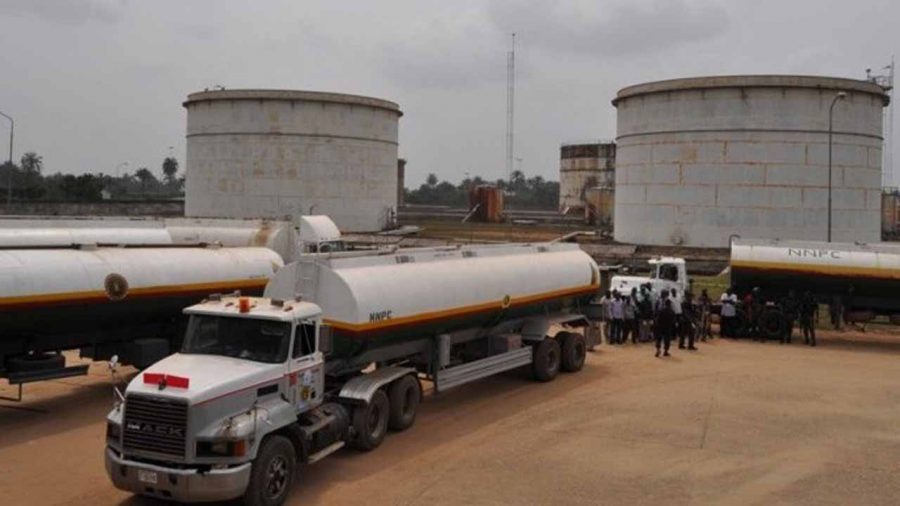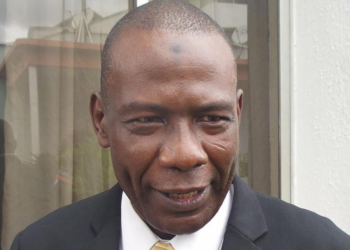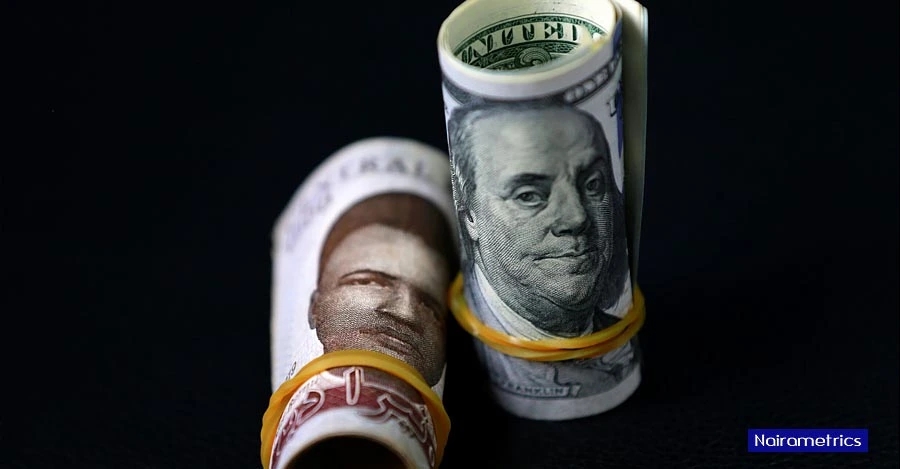The Federal Government has again been urged to discontinue its subsidy schemes for fuel and FOREX. This time, the call came from the Association of Bureaux De Change Operators of Nigeria (ABCON). The body believes that putting an end to these subsidies would help remedy structural issues in the economy.
ABCON asserted in its quarterly economic review for Q2 2019, that the subsidies are tantamount to structural deficiencies in the Nigerian economy. Specifically, ABCON’s President, Alhaji Aminu Gwadabe, was quoted to have said that the subsidies are misguided.
“The subsidies are misapplications, which have resulted in the creation of economic rents in various dimensions, as well as maladjustments in sectoral business structures, creating hyper unemployment rates, which have triggered unmanageable social unrest like kidnappings, terrorism, banditry, arm robberies, and large scale cultism.”
ABCON’s Recommendations: The Association of Bureaux De Change Operators of Nigeria said the Government should address the issues of fuel and forex subsidies by doing the following:
- Reorganising the sub-sectors
- Deregulate and decentralise fuel importation
- Consider the implementation of a single exchange policy
[READ: Campaign to restrict foreign airlines continues as Air Peace flies Lagos-Dubai route]
There is no doubt that ABCON’s concerns and recommendations are both well-intentioned. However, in view of our economic realities of Nigeria, it can be argued that the country is not quite ready to remove its economic subsidies.

The Negative Implications of Subsidies Removal
First and foremost, in order to successfully remove fuel subsidy, Nigeria needs functional refineries that can be able to refine enough crude to meet local demand. Otherwise, any removal of fuel subsidy while the country still depends on importation would only portend economic hardship on the people. Needless to stress on the fact that millions of Nigerians are already economically strapped.
moving on to the CBN’s FOREX windows, removing them might ultimately force the Federal Government to float the naira. This is something the President Buhari-led administration has been trying to avoid since the 2015 economic recession that hit hard.
Note that the implication of a floated naira is that the exchange rate would be set by the FOREX market forces of demand and supply. As such, the dollar might end up exchanging for as high as N1,000 under a floating exchange rate regime. This too portends its own set of negative economic implications, especially when considering the fact that Nigeria is more of an import-dependent economy.
[READ: Federal Government records N10trn from TSA implementation]























